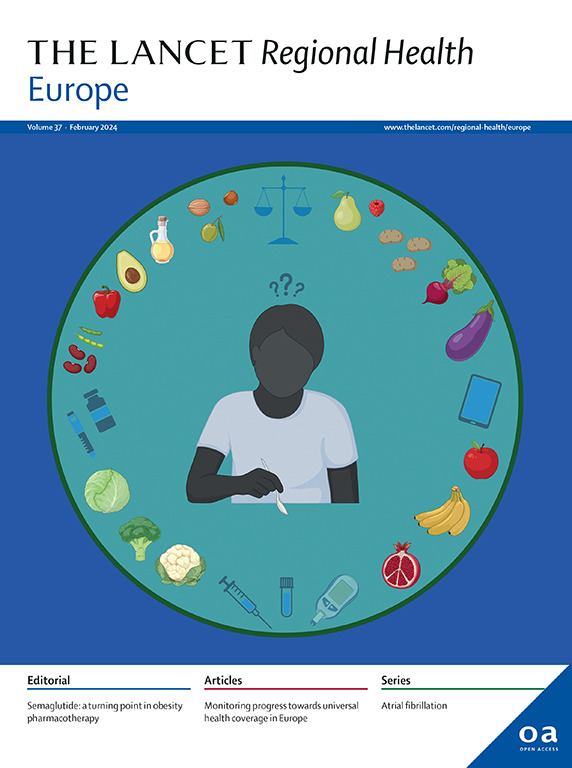Immuno-metabolic depression: from concept to implementation
IF 13.6
Q1 HEALTH CARE SCIENCES & SERVICES
引用次数: 0
Abstract
Major depressive disorder is a common, disabling mental disorder characterized by extensive etiological and phenotypic heterogeneity. This heterogeneity makes treatment approaches imprecise and often ineffective. Insight into the underlying biological mechanisms underpinning depression and its subtypes may enable more personalized treatments. In this review, we provide an overview of immuno-metabolic depression and illustrate that significant immuno-metabolic dysregulations are present in about 20–30% of people with depression. Such immuno-metabolic depression is characterized by the clustering of 1) atypical, energy-related depressive symptoms such as hypersomnia, fatigue, hyperphagia, and possibly anhedonia, 2) systemic low-grade inflammation with elevated levels of e.g., C-reactive protein, cytokines and glycoprotein acetyls, and 3) metabolic abnormalities involving e.g., obesity, dyslipidaemia, insulin and leptin resistance. Persons with immuno-metabolic depression are at a higher risk for cardiometabolic diseases and seem to respond less well to standard antidepressant treatment. Interventions targeting inflammation, metabolism or lifestyle may be more effective treatment options for individuals with immuno-metabolic depression, in line with principles of precision psychiatry.
免疫代谢抑制:从概念到实施。
重度抑郁症是一种常见的致残性精神障碍,具有广泛的病因和表型异质性。这种异质性使得治疗方法不精确,而且往往无效。深入了解抑郁症及其亚型的潜在生物学机制可能会使治疗更加个性化。在这篇综述中,我们提供了免疫代谢抑郁症的概述,并说明大约20-30%的抑郁症患者存在显著的免疫代谢失调。这种免疫代谢抑制的特点是:1)非典型的能量相关抑郁症状,如嗜睡、疲劳、贪食,可能还有快乐缺乏;2)全身性低度炎症,如c反应蛋白、细胞因子和糖蛋白乙酰水平升高;3)代谢异常,如肥胖、血脂异常、胰岛素和瘦素抵抗。患有免疫代谢抑郁症的人患心脏代谢疾病的风险更高,对标准抗抑郁药物治疗的反应似乎不太好。针对炎症、代谢或生活方式的干预可能是免疫代谢抑郁症患者更有效的治疗选择,这符合精确精神病学的原则。
本文章由计算机程序翻译,如有差异,请以英文原文为准。
求助全文
约1分钟内获得全文
求助全文
来源期刊

Lancet Regional Health-Europe
Multiple-
CiteScore
19.90
自引率
1.40%
发文量
260
审稿时长
9 weeks
期刊介绍:
The Lancet Regional Health – Europe, a gold open access journal, is part of The Lancet's global effort to promote healthcare quality and accessibility worldwide. It focuses on advancing clinical practice and health policy in the European region to enhance health outcomes. The journal publishes high-quality original research advocating changes in clinical practice and health policy. It also includes reviews, commentaries, and opinion pieces on regional health topics, such as infection and disease prevention, healthy aging, and reducing health disparities.
 求助内容:
求助内容: 应助结果提醒方式:
应助结果提醒方式:


